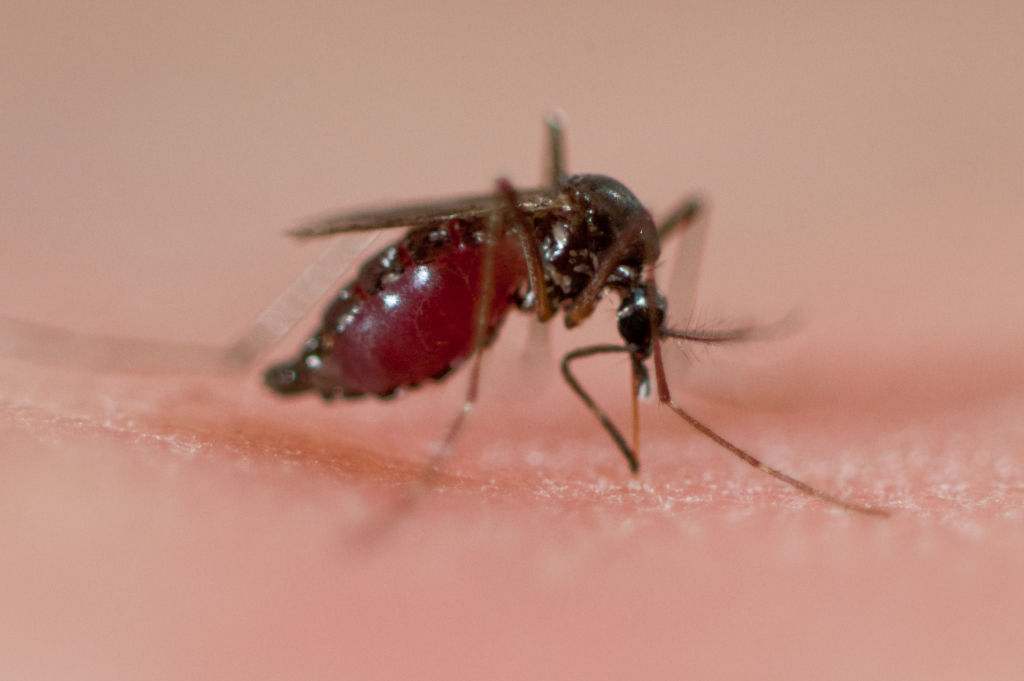If the world continues to warm, some tropical disease-carrying species of mosquitoes which are currently found in the southern U.S. and southern Europe could expand their range as far as Alaska and northern Finland.
Should that happen and the earth undergo more than 4 degrees C (7.2 degrees F) of warming by 2080, a billion people who are not in danger could be newly at risk of contracting tropical diseases like dengue fever and Zika.
In this extreme scenario, the number of people exposed to dengue-carrying mosquitoes could roughly double within the next 30 years in Europe alone.
However, in already warm climates like the Caribbean, West Africa, and Southeast Asia, tropical diseases could actually decrease as it will be too warm for mosquitoes to carry dengue effectively.
An author of the study that reached this conclusion, Sadie Ryan (a disease ecologist at the University of Florida’s Emerging Pathogens Institute), called it “rather shocking.”
“Climate change is one of the biggest threats to global health,” Ryan said. “There are many more vector-borne diseases out there that are temperature sensitive.”
Thanks for reading InsideHook. Sign up for our daily newsletter and be in the know.


















